By aowais on March 14, 2015
The Family and Social Policies Ministry of Turkey has called for a ban on Minecraft because, according to the local media, it encourages children to resort to violence. For those of you who do not know, Minecraft is a videogame where players can make designs in 2D or 3D. These designs can involve building houses or farmlands, or replicating environments from the real-world or other video games. While the game offers different modes, one mode allows players to create structures and then defend them from hostile creatures by killing them. The following two articles describe the position taken by the Turkish government and also whether video games truly encourage violence in players. The issue becomes relevant to creativity if we consider whether there should be certain content that should not be encouraged because they work against our norms and social values. Does the creativity promoted by Minecraft outweigh the risks posed by the violence it might influence on children? Are there deeper political concerns behind the arguments given by the Family and Social Policies Ministry? The call for a ban on video games that influence violence is not new. There are politicians in the US who advocate that video-games are encouraging gun violence as a way to diffuse arguments away from gun control laws.
http://www.hurriyetdailynews.com/minecraft-videogame-should-be-banned-turkeys-family-ministry-concludes.aspx?pageID=238&nID=79445&NewsCatID=341
http://www.hurriyetdailynews.com/blog-turkey-mulls-banning-minecraft-but-are-video-games-really-harmful.aspx?pageID=238&nid=79674
Read More | No Comments
By amjadkdr on March 11, 2015
You will likely have come across this news in the last 24 hours, that the NSA is being sued by Wikimedia/ACLU for their Dragnet surveillance program: https://firstlook.org/theintercept/2015/03/10/wikipedia-sues-nsa-dragnet-internet-surveillance/
I think it’s fair to say this is one of the first modern legal battles to consider creativity through the lens of privacy. As Jon mentioned yesterday, as we drill down into certain layers of the course, it becomes less and less obvious how we connect (digital) creativity to some of the layers we’ve been discussing. I think privacy can definitely be one of those layers. But if this case is able to move forward (and not be thrown out 5-4 like some of the ACLU’s related previous actions), I think the case will have an important role in grounding contemporary privacy questions in contemporary creativity questions.
From an Op-Ed today by Jimmy Wales, Wikipedia founder, and Lila Tretikov:
Privacy is an essential right. It makes freedom of expression possible, and sustains freedom of inquiry and association. It empowers us to read, write and communicate in confidence, without fear of persecution. Knowledge flourishes where privacy is protected.
http://www.nytimes.com/2015/03/10/opinion/stop-spying-on-wikipedia-users.html?_r=1
Read More | No Comments
By Ryan Vogt on March 11, 2015
I thought I’d break from my usual raving rants-about-cryptography-style posts, and just share something a little funny with everyone. If you enjoyed the Four-Chord Song video from yesterday’s class (for people who missed it: https://www.youtube.com/watch?v=5pidokakU4I ), here’s one going all the way back to the 1600’s: https://www.youtube.com/watch?v=JdxkVQy7QLM
Enjoy 🙂
Read More | 1 Comment
By Yue Fei on March 10, 2015
Next week, we will be looking at how practices of big corporations today may affect creativity.
To facilitate the discussion, I would like to ask you to complete a very short questionnaire (only 2 questions) at: https://www.surveymonkey.com/s/KFK83VX
If possible, please complete the questionnaire by Saturday, March 14 (it should only take 5 minutes max).
Thanks!
Read More | No Comments
By Kyle Thompson on March 9, 2015
In advance of my presentation on net neutrality tomorrow, some light watching materials:
[youtube]https://www.youtube.com/watch?v=fpbOEoRrHyU[/youtube]
[youtube]https://www.youtube.com/watch?v=hkjkQ-wCZ5A[/youtube]
[youtube]https://www.youtube.com/watch?v=gxXIIMYXFoM[/youtube]
This should give you an entertaining overview of the net neutrality debate as it currently stands in the US. I’ll cover most of this briefly at the beginning of my presentation – my main goal was to post a video of the current chairman of the FCC (and possible dingo) denying his canine nature.
Read More | No Comments
By tbud on March 8, 2015
In earlier classes, the lack of copyright protection for chef creations such as signature dishes or recipes themselves was mentioned. Trademarks, on the other hand, offer some limited IP protections for names of particular dishes.
A Toronto bakery called Dufflet which sells ‘cakelets’, which are noted for their size (being slightly smaller than a traditional cake), sent a cease and desist letter to a local bakery for advertising their cakes as ‘cakelettes’, thereby infringing on their trademark.
http://www.thestar.com/life/food_wine/2015/03/08/toronto-bakeries-sweet-olenkas-and-dufflet-spar-over-naming-of-small-cakes.html#
One could argue that legal constraints on unique or creative terms or phrases can affect the popularity or recognition of one’s work. It is interesting to consider the precise dynamics or interplay between language, which constantly evolves, and ways in which the law affects the use of creative language.
… “thermos” and “yellow pages,” once distinctive words; they have been found, in the United States, to be generic. Likewise, the meaning of “cakelet,” Katz says, may have also evolved.
“Language is a dynamic thing,” he says. “It develops all the time; meanings change.”
As well, here is a related academic article by Jeanne Fromer entitled “The Role of Creativity in Trademark Law”:
http://ndlawreview.org/wp-content/uploads/2013/07/Fromer.pdf
Read More | No Comments
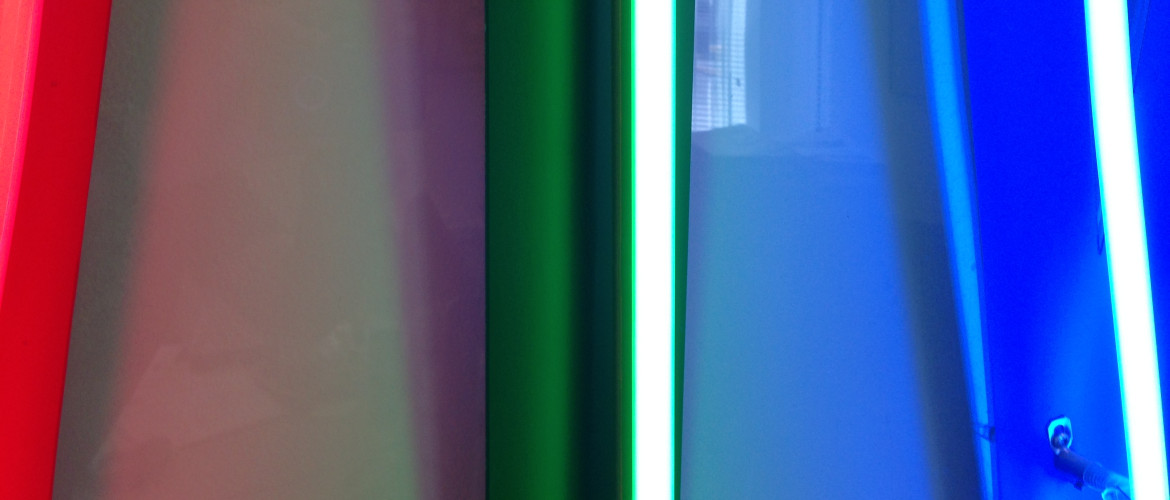


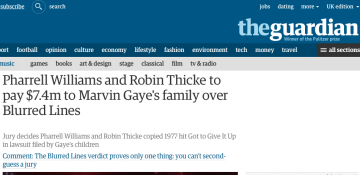
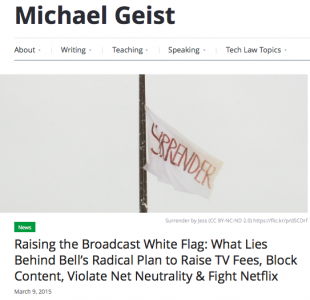
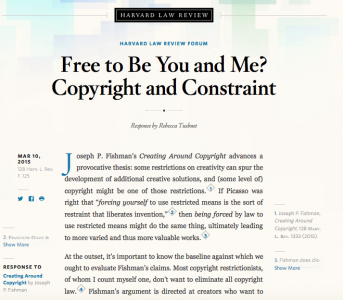
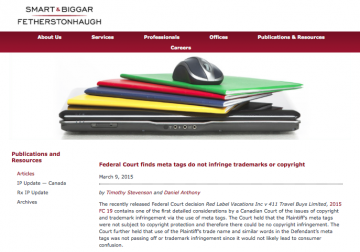
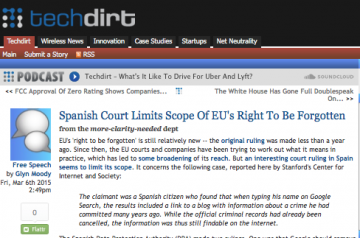
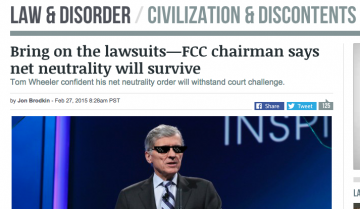
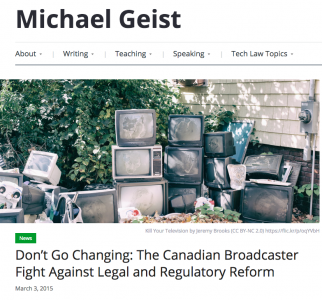
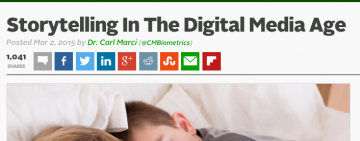
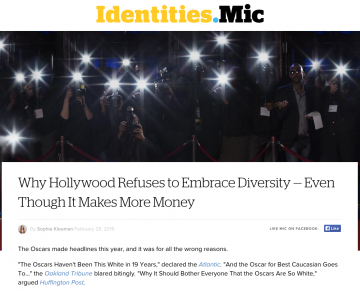

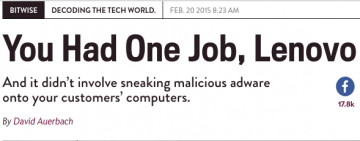
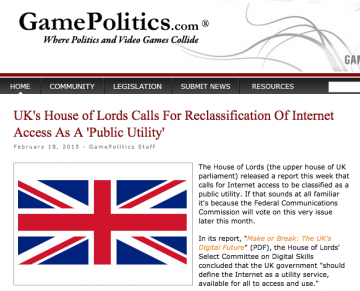
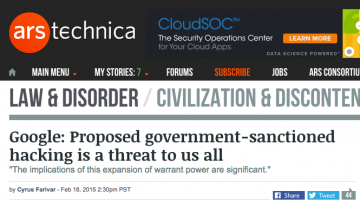
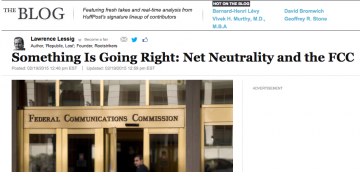


 Check out the UBC Video Game Law Course
Check out the UBC Video Game Law Course